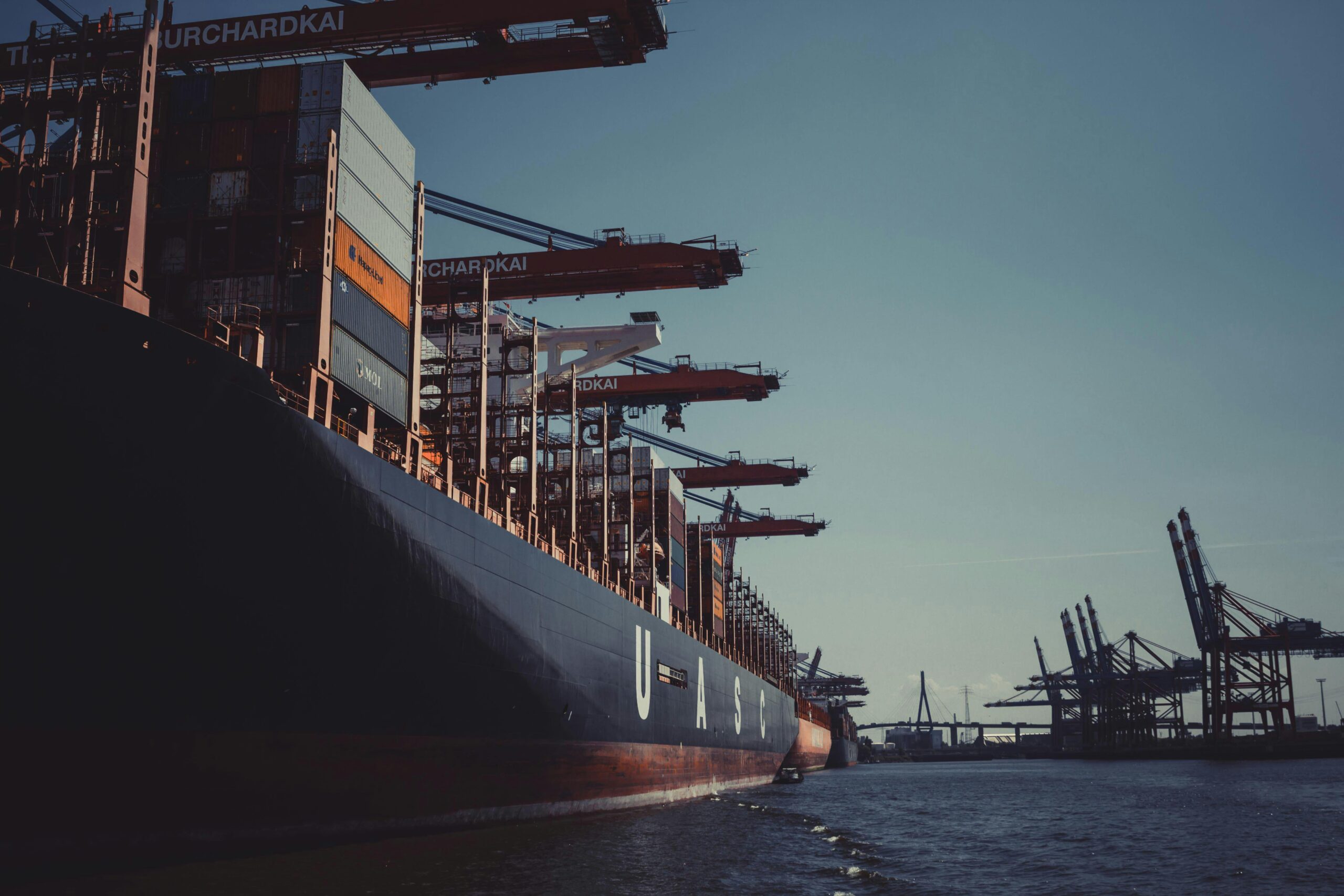COVID-19 has brought about dramatic changes to the energy industry, including energy prices and values in all parts of the energy value chain. Following Volterra Fietta’s highly successful seminar on “COVID-19 and Force Majeure under Oil and Gas Contracts”, this seminar continued to examine the consequences of COVID-19 and the associated economic recession on energy sale contracts more widely. Beyond invoking force majeure clauses, parties have other tools available to them in order to secure a readjustment of the contractual energy price in line with new circumstances. Being able to invoke – or to respond to – these tools appropriately and timely is crucial to survival in this rapidly-changing environment.
The energy industry had already witnessed a paradigm shift when the US started exporting LNG just four years ago. This gave the world access to LNG priced on the basis of a major US natural gas index which traded at a notable discount to traditional oil-based LNG contracts.
This changed in March 2020 when oil prices and energy demand collapsed. Spot and oil-based LNG prices fell below American LNG prices. At the same time, low oil prices began to support forward US gas prices by suppressing the production of associated or bi-product natural gas. The new paradigm has turned into a paradox as oil prices impact US LNG prices in the opposite direction to that of traditional oil-based LNG contracts.
COVID-19 has put companies and countries into economic distress to the point that they are looking to leave unfavourable contracts. A party will exit a contract when the economic savings outweighs the consequences. The temptation to exit has increased in the past decade as greater price transparency has made the economic benefits of leaving more apparent and more alternatives has made it easier to find suitable and cheaper replacements. Demand destruction has added more capacity and alternatives.
For cash-starved entities, the benefits of leaving are immediate and the long-term consequences become less important. Troubled entities further become more short-term minded when taken over by a turnaround manager or lender-assigned team. For a variety of reasons, such entities are fully motivated to drag out the legal process. As COVID-19 puts more financial stress on companies, the non-performance of contracts increases such that the impact of COVID-19 spreads to parties on the favourable side of contracts.
The seminar also focused on the impact of COVID on gas and LNG markets, including implications of these developments on long term contracts. It covered the following topics:
- Negative evolution of demand in 2020 driven by COVID. Impact on demand perspectives for the coming years.
- Supply capacity growing in 2020, leading to a more challenging supply-demand balance. Impact of supply-demand balance shift on prices. Supply perspectives for the coming years.
- Evolution of prices under long term contracts vs spot prices. Implications for market participants.
This event was chaired by Graham Coop, Partner at Volterra Fietta and former General Counsel to the Energy Charter Secretariat. The experienced panel included:
Kent Bayazitoglu, Consultant, Baker & O’Brien Inc. In 1998, Kent began his career working for ExxonMobil Corporation as a Project Manager where he supervised up to 23 construction projects. In 2003, Kent joined Gelber & Associates as a Natural Gas & Energy Market Advisor and Director of Market Analytics. He led the firm’s efforts for price forecasting, risk analysis, financial modelling, and project evaluations. Kent was quoted in the Financial Times, Wall Street Journal, New York Times, and Bloomberg. He made multiple appearances on CNBC, Fox News, and BNN (Canada). Kent holds a B.S. in Mechanical Engineering from Rice University and an M.B.A. from the Massachusetts Institute of Technology.
Kent served as an expert witness working directly with partner level attorneys for legal disputes involving bankruptcies, trading books, contracts, derivatives, production, and pipelines. His reports have analyzed energy commodities, including crude oil, natural gas, NGLs, refined products, and coal. He was deposed as an expert witness, performed numerous damage calculations, wrote multiple expert reports, and led the firm’s expert witness activities.
In 2020, Kent joined Baker & O’Brien, Inc. in the firm’s Houston office. Kent brings an advanced, formal education along with 20 years of progressive career successes and innovation in the energy industry. In addition to his native language of English, Kent is conversational in Spanish and Turkish.
Please note that part of this seminar was not recorded:
For any queries regarding the content of the seminar, please email graham.coop@volterrafietta.com.



